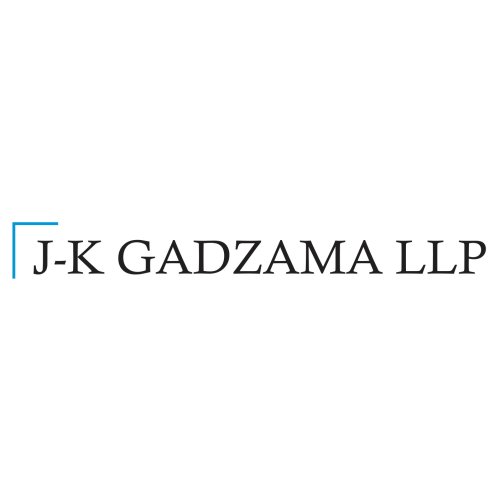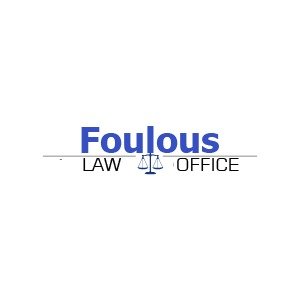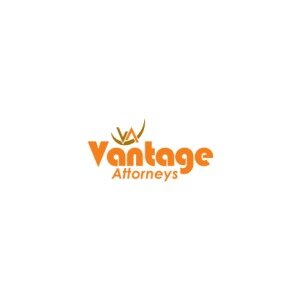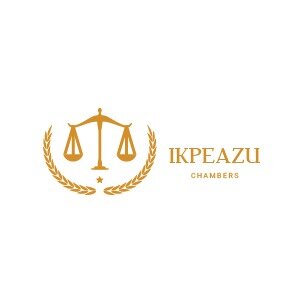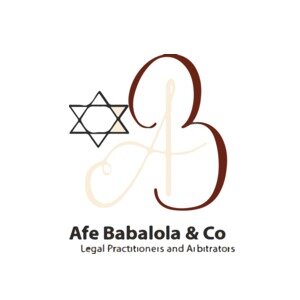About Employer Law in Nigeria
Employer law in Nigeria encompasses a broad range of legal principles and regulations that govern the relationship between employers and employees within the country. It includes but is not limited to the employment contract, wage standards, labor relations, workplace safety, and employee benefits. These laws are designed to create a balance between protecting employee rights and ensuring that businesses can operate effectively without undue hindrance. Key legislative frameworks that guide employer obligations in Nigeria include the Labor Act, the National Minimum Wage Act, and various industrial relations policies.
Why You May Need a Lawyer
There are several common situations where individuals or organizations may require legal assistance in employer matters in Nigeria:
- Disputes related to employment contracts, such as terms of employment, unfair dismissal, or breach of contract.
- Understanding compliance with labor laws and regulatory requirements for businesses.
- Addressing workplace grievances, employee misconduct, or disciplinary actions.
- Assisting in negotiations between employers and labor unions during strikes or industrial actions.
- Handling cases of workplace discrimination or harassment claims.
- Ensuring compliance with health and safety regulations in the workplace.
These issues often require professional legal interpretation to protect the interests of either the employer or employee involved.
Local Laws Overview
In Nigeria, several key local laws are relevant to employers:
- Labor Act: This is the principal legislation governing employee rights and employer duties, covering the terms and conditions of employment.
- Trade Unions Act: Governs the formation and management of trade unions, including registration and dispute resolution.
- National Minimum Wage Act: Specifies the minimum wage that employers must pay their employees.
- Pensions Act: Regulates the administration of retirement savings accounts for employees by employers.
- Factories Act: Focuses on health, safety, and welfare of workers within industrial premises.
These laws ensure that both employers and employees are aware of their rights and obligations, promoting fair labor practices in the workplace.
Frequently Asked Questions
1. What is the legal minimum wage in Nigeria for employers?
The legal minimum wage in Nigeria is determined by the National Minimum Wage Act, which is periodically reviewed by the government. It is important for employers to stay informed about the current minimum wage rate to ensure compliance.
2. What are my obligations as an employer regarding employee contracts?
Employers are required to provide written contracts of employment outlining the terms and conditions of work, including job description, salary, work hours, and termination procedures. This is mandated by the Labor Act.
3. How do I handle employee grievances?
Handling employee grievances involves following the procedures set out in employment contracts and company policies, which often include steps for internal resolution and, if necessary, involving third-party mediation or arbitration.
4. What should I do if my company is facing a strike?
In the event of a strike, it is essential to engage in dialogue with the involved trade union representatives and attempt to resolve the dispute amicably. Legal advice can be crucial in navigating the complexities of industrial action.
5. Are there laws regarding workplace safety in Nigeria?
Yes, the Factories Act and other health and safety regulations mandate that employers provide a safe working environment, perform regular safety inspections, and ensure adequate training and protective equipment for employees.
6. Can I terminate an employee without notice?
Employment termination without notice is generally not permissible unless specified in the employment contract under specific conditions, such as gross misconduct. Employers must adhere to the notice periods stipulated in contracts or labor law.
7. What are my pension obligations as an employer?
Employers are required by the Pensions Act to contribute to their employees’ retirement savings accounts, along with deductions from employees’ salaries, and ensure timely remittance of contributions to the Pension Fund Administrators (PFAs).
8. How can I ensure compliance with labor laws?
To ensure compliance, employers should regularly review their practices against current labor legislation, engage with labor consultants, and participate in training sessions on employer responsibilities.
9. What is the role of trade unions in employer-employee relations?
Trade unions represent workers’ interests in negotiating better working conditions, wages, and other employment terms. They play a mediating role during disputes and strive to maintain harmony between employers and employees.
10. How do employment disputes get resolved legally?
Disputes may be resolved through negotiation, mediation, arbitration, or litigation. The National Industrial Court of Nigeria is the primary legal forum for adjudicating employment-related cases.
Additional Resources
The following resources and organizations can be helpful for obtaining legal advice and assistance related to employer matters in Nigeria:
- Federal Ministry of Labor and Employment: Provides guidance on labor practices and regulations.
- Nigeria Employers Consultative Association (NECA): Offers support and representation for employer interests.
- Nigerian Bar Association: Can help locate qualified employment lawyers in Nigeria.
- Industrial Court of Nigeria: The judicial body handling labor disputes.
Next Steps
If you require legal assistance in employer matters, consider taking the following steps:
- Identify the specific legal issue you are facing and gather all relevant documentation or evidence.
- Contact a qualified employment lawyer or legal consultant who specializes in Nigerian labor law for advice.
- Ensure that your organization’s policies and procedures are up-to-date and aligned with current legislation.
- Stay informed about changes in local laws and engage in continuous training and dialogue with experts to mitigate potential legal risks.
By understanding your legal obligations and knowing when to seek professional guidance, you can navigate the complexities of employer law in Nigeria effectively.
Lawzana helps you find the best lawyers and law firms in Nigeria through a curated and pre-screened list of qualified legal professionals. Our platform offers rankings and detailed profiles of attorneys and law firms, allowing you to compare based on practice areas, including Employer, experience, and client feedback.
Each profile includes a description of the firm's areas of practice, client reviews, team members and partners, year of establishment, spoken languages, office locations, contact information, social media presence, and any published articles or resources. Most firms on our platform speak English and are experienced in both local and international legal matters.
Get a quote from top-rated law firms in Nigeria — quickly, securely, and without unnecessary hassle.
Disclaimer:
The information provided on this page is for general informational purposes only and does not constitute legal advice. While we strive to ensure the accuracy and relevance of the content, legal information may change over time, and interpretations of the law can vary. You should always consult with a qualified legal professional for advice specific to your situation.
We disclaim all liability for actions taken or not taken based on the content of this page. If you believe any information is incorrect or outdated, please contact us, and we will review and update it where appropriate.







